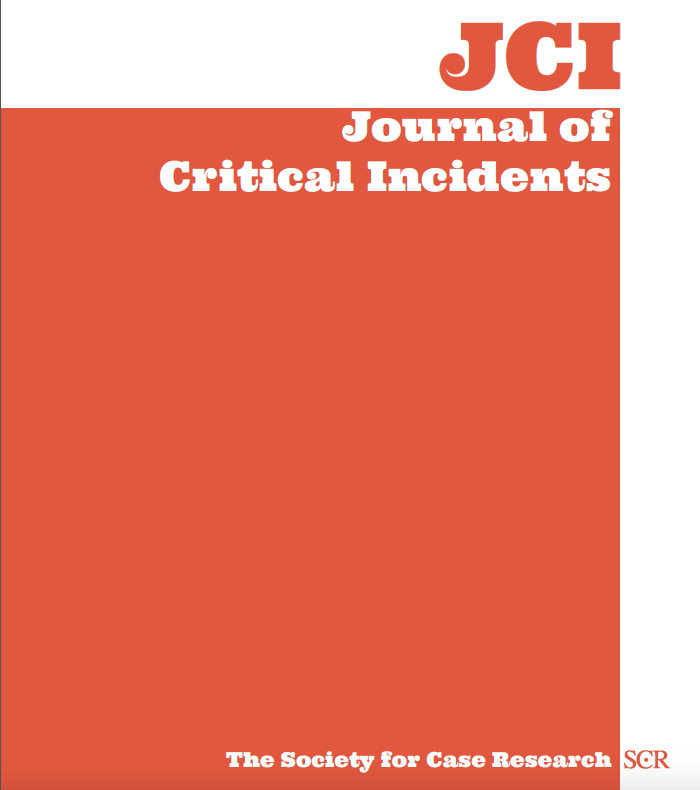The Grand Ole Opry: The Show Must Go On?

Scott Bailey sat in his office, pondering his dilemma: “We haven’t missed a Saturday evening show in over 94 years, but I don’t see how we can avoid cancelling this week.” It was Thursday, March 12, 2020, and the Grand Ole Opry had suddenly been confronted by the Covid-19 pandemic. Hours earlier, the Southeast Conference (SEC) men’s basketball tournament held at Bridgestone arena in Nashville, Tennessee had been abruptly cancelled minutes before the day two tipoff. Events all over the country were being cancelled, and Nashville had become one of the “hot spots” for virus cases 5 days after the first positive Covid-19 confirmation in middle Tennessee. Scott, the president of Opry Entertainment Group, knew that the next few hours would be challenging and potentially historic for the iconic show that had survived nearly a century of challenges without missing a Saturday evening performance. An innovative option to continue without a live audience was available, but Scott’s team, under the duress of the pandemic, would have only a few hours to process many difficult decisions and logistical challenges for the streak of continuous live shows to continue. The clock was ticking!
1. Evaluate the decision process used to make a strategic pivot or contingency plan decision in a crisis management scenario.
2. Identify key implementation challenges necessary to pursue a pivot or contingency strategy in changing a product or service deliverable.
3. Evaluate the brand management implications of preserving and
